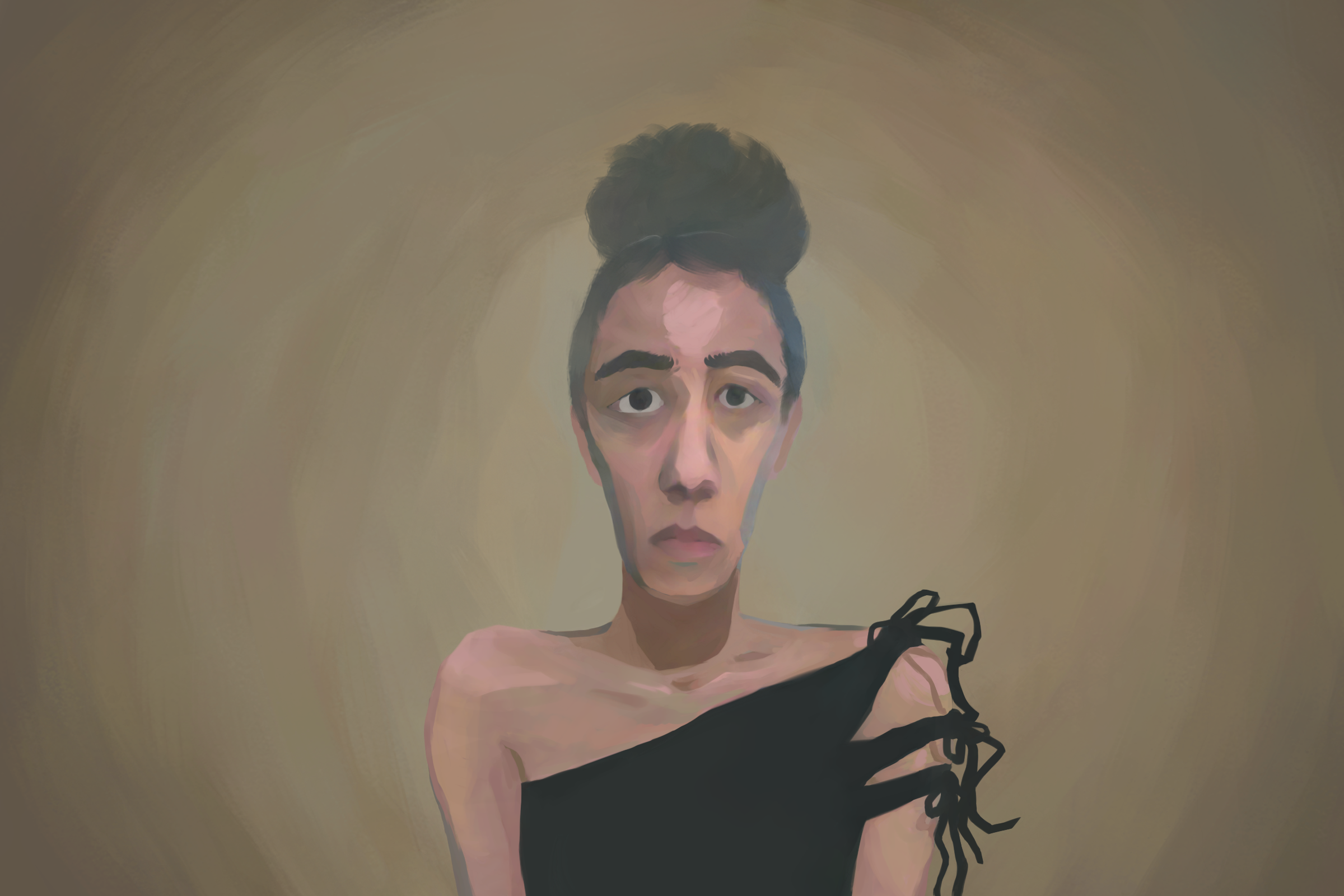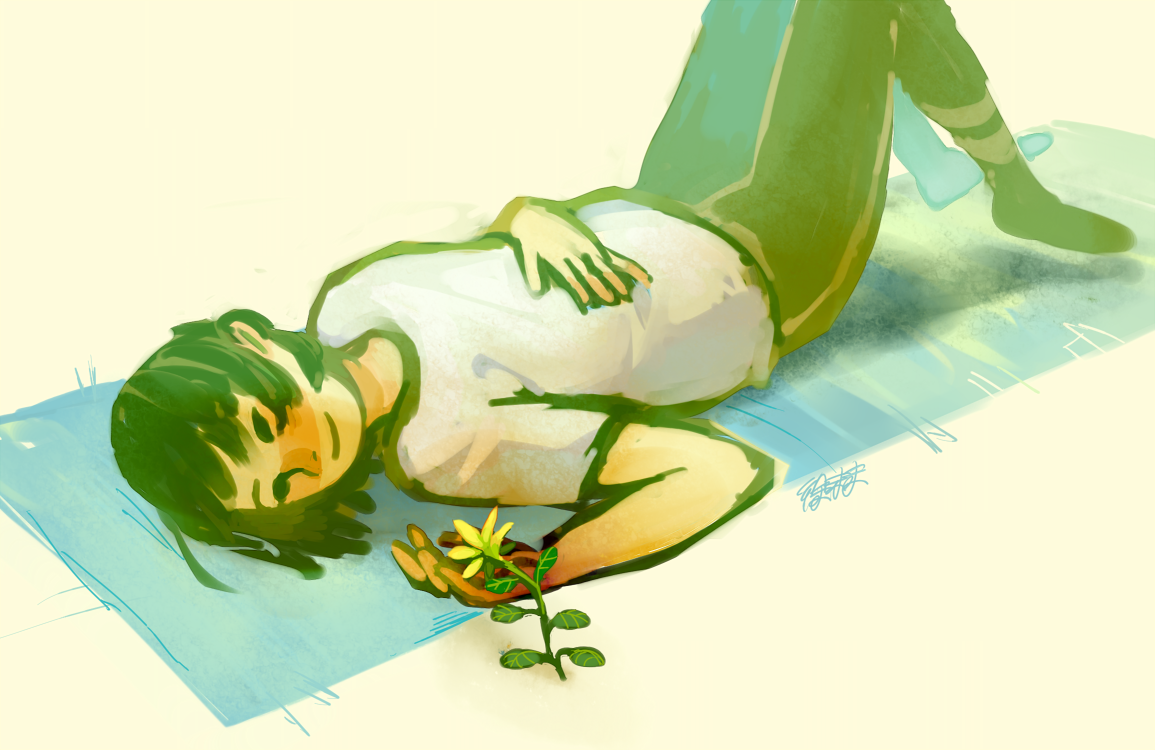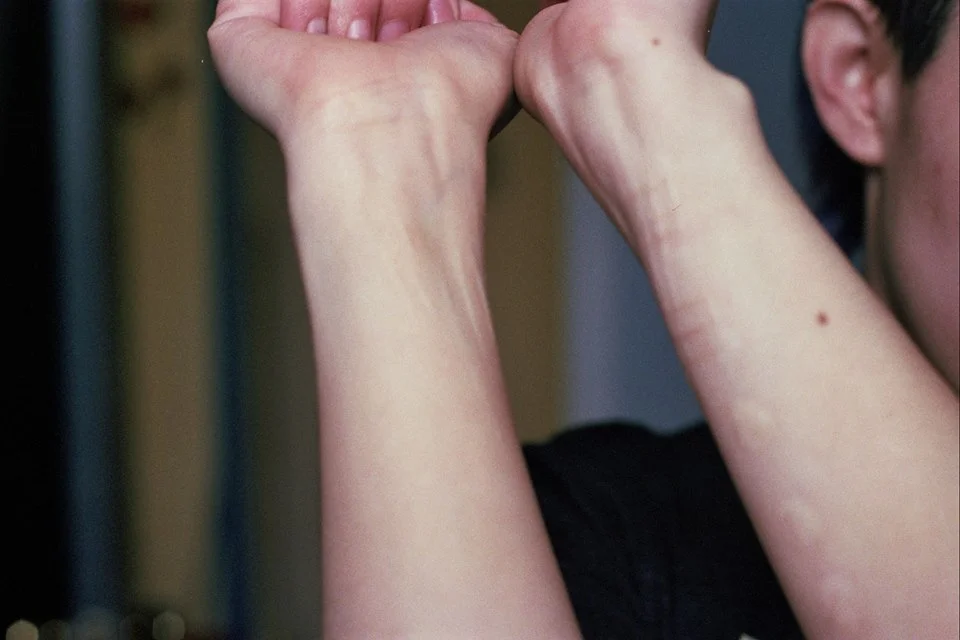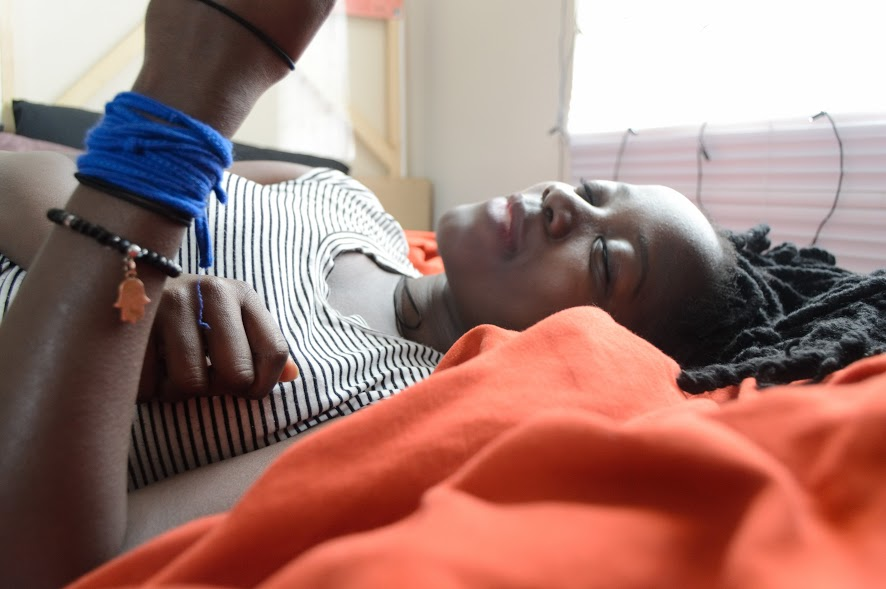Photo by Eli Sleepless
“If you get an emotional support dog, you’ll just be taking away from people who really need help,” said my dad to me over the phone because he couldn't understand why his child was so successful but complaining about being depressed.
I remember hanging up the phone and wondering if I was being dramatic and if I could actually use emotional support.
This conversation reminded me of earlier conversations I had with my mother about being a high-functioning depressed person. “Aye mijita it could be worse,” she would say, inadvertently minimizing my struggles as I confessed to her that I was thinking about starting therapy. “We all get sad mijita, try not to be so sensitive,” she would suggest. Leaving me to wonder if I was being dramatic or too much, because none of the other Brown or Black faces around me I saw had time or resources to access mental health resources.
The cycles of poverty, the struggles to survive as low income people of color, got me and my loved ones prioritizing rent over our traumas that we obtain trying to pay rent.
Move to a year and a half later when I mention that I am struggling and leaning towards medication to assist with my symptoms, both my parents get quiet whenever I bring it up. When they think of depression, they lean towards stereotypes of introverted folks, often gaunt thin, white, cisgender and “sad” looking. Insert all played out images of sad white women and all main characters from 1999’s Girl Interrupted here. (Encouraging an eternal eye roll).
Often within many Latinx households, mental illness and mental health flare ups are reduced to character traits as opposed to being viewed as symptoms. According to American Psychiatric Association’s Office of Minority and National Affairs,
Among Latinos with a mental disorder, fewer than one in 11 contact a mental health specialist, and fewer than one in five contact a general health care provider, according to the American Psychiatric Association's Office of Minority and National Affairs. Furthermore, less than 55 percent of Hispanic adults — and only 30 percent of adolescents — with a major depressive episode in receive treatment for depression.
As for me, their daughter, I am the polar opposite. Colombian and Mexican, delicious and chubby, genderqueer and super high-functioning, also chronically depressed and anxious. Season that with a lot of OCD and immeasurable amounts of PTSD, you got the fine recipe for an anxious Latinx to run the streets.
Being that no one in my family or circle had ever gone to therapy, or sought out support for mental health, it seemed like an unspoken rule that seeking out therapy is seen as something that “white people do.” This outlook, justified by lack of culturally competent therapists, few psychologists being fluent in multiple languages, proves ripe for controversial coping mechanisms to bloom. Many of which became normative outlets for folks within my communities, ranging from alcoholism to drug use to avoidance and denial to mental health symptoms being deemed “laziness” or being “less of a man” as a result of machismo.
Knowing that our resilience flows like water as Latinx people, I began to seek out culturally relevant methods of healing and coping to manage my mental health flare ups. Due to a lack of access to competent therapy and medical spaces, I sought out my own spaces to find relief.
Through medicinal herbs and blessings through Curanderos and shamans, I found that I was able to cope with flair ups as best that I had access to. Armed with herbal medicines taught by undocumented healers and wisdom from elders, I remembered that my ancestors have been in relationship with naturally occurring medicinal plants, including those that are deemed criminal in Latinx hands.
However, for me and my journey I found that no matter how much manzanilla tea I drank or how much cedar or sage I burned, no matter how many culturally relevant sweat lodges I attended, I felt that perhaps I could still use some therapy, or medication. Now I stretch, alongside a lit candle of the Virgin Mary, I attend therapy sessions, and I burn rosemary.
My relationship with my mental health is for me to define. My symptoms do not define me nor are they characteristics of my identity, but are parts of me I'm learning to accept and live with without shame.
For me, combining forms of coping and managing my mental health symptoms by using culturally relevant healing methods with western forms of medicine is my best option. Lighting candles, burning sage, going to therapy, accessing medication, praying, giving offerings to the ancestors have all been ways that I heal at the intersections of my beautifully complex existence.
We need community support to continue publishing!
Articles and artwork like these are only possible through your contributions. Please donate today to sustain the wellbeing of artists, writers, healers, and LGBTQ2IA+ people of color.
You can also support our team by picking up
a Rest for Resistance print zine.
Image description:
A person is sitting on concrete, bathing in milk. Only their bare feet and hands are showing. Their feet are splayed out, with one hand resting on each foot. The photo appears in black and white.
About Eli Sleepless:
Eli Sleepless is a self-taught latinx film photographer. Their genderqueerness and nyc upbringing is important to their work. Find more of their work on tumblr, instagram, facebook, and our main page.
About Hablo Rodriguez-Williams:
Hablo Rodriguez-Williams is a genderqueer, chubby faggotty, femme, living with multiple disabilities, brown boi and Virgo. They are extremely giggly and awkward, manifesting what they desire through a compassionate fiery nerd rage. Hablo's work has been published in the Huffington Post; Mills College 580 Split; The oldest Chicana/o/x literature blog, La Bloga; and Rooted in Rights.























